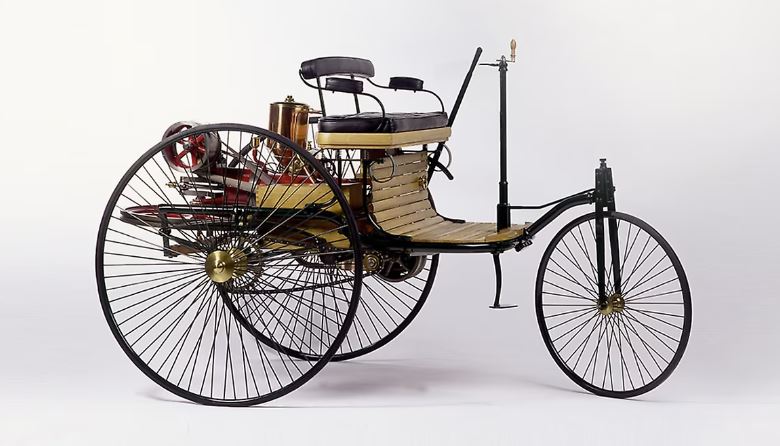First German Car in the History of the World
The first German car built in 1885 crashed during a public demonstration, but Benz didn’t give up. He made a better model that ran on gasoline, and it became very popular when it hit the market in 1888. Benz’s wife even drove 65 miles in the car to visit her sick father, which got a lot of attention.

| Manufacturer | Rheinische Gasmotorenfabrik Benz & Cie. (known today as Mercedes-Benz) |
|---|---|
| Production | 1886; 138 years ago–1893 |
| Powertrain | |
| Engine | 1.0L (954cc) single cylinder engine 2⁄3hp (Ligroin fuel) |
| Chronology | |
| Successor | Benz Velo |
After that, many other German car companies started to pop up. Opel was the first to use a mass-production assembly line in 1906, producing over 100,000 vehicles in 1935. Volkswagen was established in 1937 and became famous for making family cars that were affordable for everyone.
Audi started making cars in 1910 and was known for making powerful engines. BMW entered the car market 1959 and became famous for making luxury and sports cars. Today, BMW owns the Rolls Royce and Mini brands, some of the most expensive car brands in the world.
You may also be interested in: